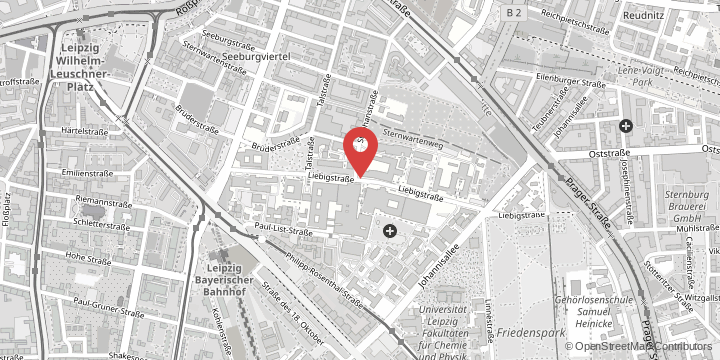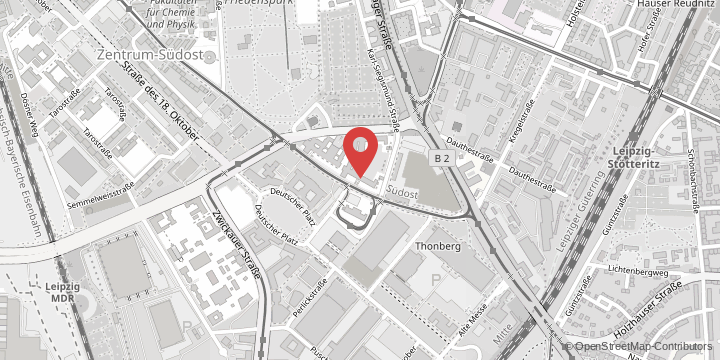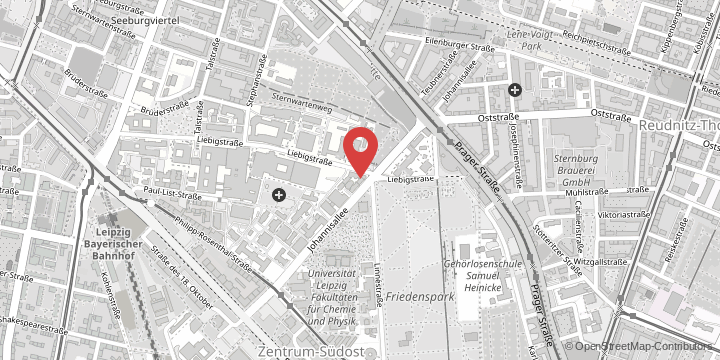Excellent conditions for doctoral studies
The International Max Planck Research Schools (IMPRS) are an integral part of the Max Planck Society’s commitment to creating excellent conditions for the next generation of researchers. Each one is initiated by a Max Planck Institute and works closely with universities. The focus is on conducting independent research on an interdisciplinary topic leading to the completion of a dissertation. In addition, the doctoral students benefit from regular opportunities to exchange views and discuss ideas at workshops, summer schools and conferences.
The topics of the Research School respond to the current challenges faced by people around the world: climate change, environmental destruction, and species extinction; health crises; social inequality and the legacies of colonial rule; geopolitical tensions, nationalism, wars and civil wars. In international field research projects lasting several months, the IMPRS doctoral students will therefore dedicate themselves to investigating the strategies and paradigms that people are developing to grapple with the challenges of the present.
Shared investment in the future of anthropology
“We are very pleased to be able to invest in the future of anthropology together with our partner universities in Halle, Leipzig, and Erlangen,” says Ursula Rao, who is Managing Director of the MPI, spokesperson of the IMPRS Global Multiplicity: A Social Anthropology for the Now, and a former professor at Leipzig University. “With the Research School, we can establish a strong network that brings together young scholars and experienced researchers and imparts the competencies crucial for modern, ethical, and independent science.” From Leipzig University, Professor Marian Burchardt, Professor Megan Maruschke, Professor Matthias Middell and Professor Maren Möhring are involved in the new Max Planck Research School.
“The establishment of the IMPRS is an important building block for the further development of one of the three strategic research fields at Leipzig University together with the partners of the Central German Innovation Region,” emphasises Leipzig University’s Vice-Rector for Excellence Development: Research and Transfer, Professor Jens-Karl Eilers. “The Forum for the Study of the Global Condition is already working on a number of highly productive collaborative projects.” For example, the partners conduct joint research in the Leipzig Collaborative Research Centre 1199, Processes of Spatialization under the Global Condition, and in the Leibniz ScienceCampus “Eastern Europe – Global Area”. In addition, Leipzig University and the Martin Luther University Halle-Wittenberg, together with seven non-university research institutions, are applying for a Cluster of Excellence on the topic of “New Global Dynamics: Worlds in Crisis?”, with the long-term goal of establishing a cross-location School for New Global Dynamics.
According to the MPI, the first seven positions for doctoral researchers are to be advertised on the MPI website in the near future, with plans to gradually increase the number of these positions over the next few years.
More information can be found in the MPI’s detailed press release.































































